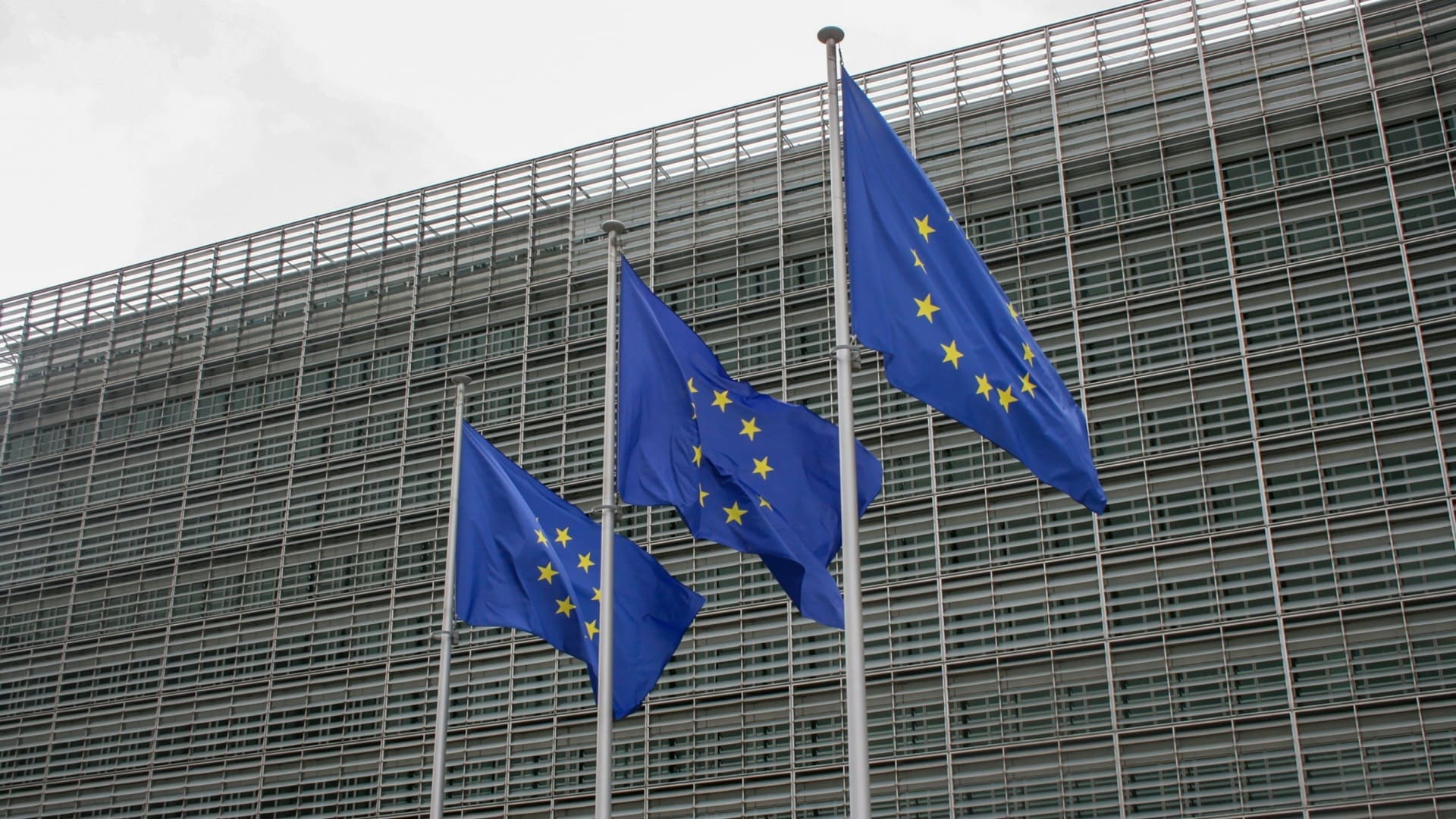- Apple and Meta have been fined €500 million and €200 million respectively under the European Union’s (EU) Digital Markets Act (DMA).
- They are the first fines issued under the DMA.
- Apple was found to have blocked developers in the region, while Meta was pulled up over its pay to block ads policy.
It is a another week in the world of tech, which means there are fines to dole out. This time around, it is the turn of both Apple and Meta, with the pair of tech giants receiving fines from the European Union (EU) over failing to comply with the Digital Markets Act (DMA).
These fines are not new, and have been in the works for some time, ever since the EU noted that it was investigating Apple and Meta for different practices in the region, in July of last year.
As for the fines themselves, Apple has received the larger of the two at €500 million, while Meta has been handed a €200 million fine.
Unpacking the reasons as to why, the European Commission (EC) issued a statement explaining that, “Apple breached its anti-steering obligation under the Digital Markets Act (DMA), and that Meta breached the DMA obligation to give consumers the choice of a service that uses less of their personal data.”
Starting with the Cupertino-based firm, its fine stems from hurdles put in the way of developers within its app marketplace, which is an issue that has been brewing for a few years now.
“Under the DMA, app developers distributing their apps via Apple’s App Store should be able to inform customers, free of charge, of alternative offers outside the App Store, steer them to those offers and allow them to make purchases,” the EC pointed out.
“The Commission found that Apple fails to comply with this obligation. Due to a number of restrictions imposed by Apple, app developers cannot fully benefit from the advantages of alternative distribution channels outside the App Store,” it added.
As for Meta, it is being fined for trying to fleece users in the EU by demanding €10 monthly in order to avoid ads when utilising any of the platforms it owns. Thise who chose not to do so, would have no control over the sharing of their data for whatever purpose Meta sees fit.
“Under the DMA, gatekeepers must seek users’ consent for combining their personal data between services. Those users who do not consent must have access to a less personalised but equivalent alternative. In November 2023, Meta introduced a binary ‘Consent or Pay’ advertising model. Under this model, EU users of Facebook and Instagram had a choice between consenting to personal data combination for personalised advertising or paying a monthly subscription for an ad-free service,” the EC outlined.
“The Commission found that this model is not compliant with the DMA, as it did not give users the required specific choice to opt for a service that uses less of their personal data but is otherwise equivalent to the ‘personalised ads’ service. Meta’s model also did not allow users to exercise their right to freely consent to the combination of their personal data,” it continued.
There was an introduction of a new ad-free subscription model that leverages less user data, but whether that is enough to appease the EC under the DMA guidelines, remains to be seen.
We will have to wait roughly two months to see what the outcomes of these substantial fines will be.
“Apple and Meta are required to comply with the Commission’s decisions within 60 days, otherwise they risk periodic penalty payments. The Commission continues its engagement with Apple and Meta to ensure compliance with the Commission’s decisions and the DMA more generally,” the EC concluded.
[Image – Photo by Carl Gruner on Unsplash]

